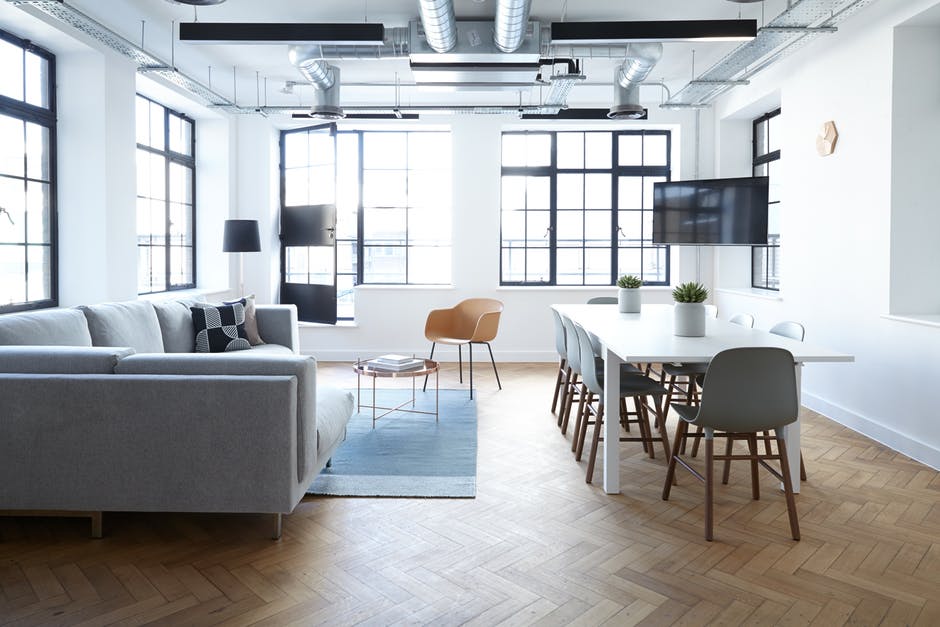We all know that pollution is a huge problem in cities, towns, and even small villages, but should you worry about the air in your own home? Unless you are fortunate enough to be living in a cottage hidden deep in the woods, you should be concerned about the quality of air you’re breathing. There are ways to improve the quality of air in your home, and if you do this, you will be sure that you and your family are going to be healthier.
Table of Contents
Common symptoms of air pollution
If you believe your indoor air is polluted, you might be having one of these common symptoms: watery eyes, coughing and sneezing, dizziness, headache, and fatigue. The reason why people don’t pay attention to these symptoms is because they resemble the most common symptoms of colds and allergies. Symptoms vary from person to person and may depend on the contaminant, but if you notice that you suddenly feel better when you leave a certain room or a building, it is a sign that the symptoms you’ve been experiencing may be caused by indoor air contaminants.
Clean floors
Simple and easy: use a vacuum cleaner first. Chemicals, allergens, and pollutants accumulate in dust, and by using a good vacuum cleaner you will reduce the amount of dust as well as pollutants in your home. It’s the best if you use vacuums with HEPA filters will ensure that the vacuum dust and dirt won’t be blown back into the air. After you’ve vacuumed, use a mop to pick up any dust that might have been left behind, and the best thing is you don’t even have to use any soaps or cleaners – water will do. Make sure you keep a floor mat at every door so people can wipe their feet of when they’re coming in.
Better ventilation
During winter, we tend to keep our windows tightly shut in attempt to keep the warmth in. this might make the temperature better, but it pollutes the air further. Still, keeping a window open all the time isn’t the answer too, since outdoor air contains pollutants too: dirt, mold, and industrial pollution; not to mention by-products of gas emissions from cars and trucks. What you can do is get trickle ventilation – a 10-inch high screen with extra filters you can adjust to most windows. It allows fresh air in, and at the same time helps escort indoor pollutants out. Still, when the weather is nice, you should let some fresh air into the house by opening windows and doors from time to time.
Naturally clean air
If you’re a smoker, you might want to start smoking outside for a change. Cigarette smoke is terrible for your health, and it stays in furniture, curtains, and rugs for a long time. If you start smoking outside, you will notice that the air smells better and that you and everyone around you are breathing more easily. You can also add some fresh plants to help filter the air naturally: some fern or spider plant will make the room look better, and the air will be cleaner than ever.
Get a good air condition
During summer, we usually turn the AC on, and this is a good move. Since many are water-soluble, when the air in your home is humid, it’s also more polluted. When you turn the AC on, it removes water from the atmosphere, thus removing the pollutants too. Not only that, but air conditioners also remove pollen from the air, which means that if you choose professional airconditioning Sydney, you will able to breathe more easily in your home even during allergy season.
While outdoor pollution is caused by carbon monoxide and all sorts of chemicals, indoor pollution sources release gases or particles into the air. You might not think that polluted indoor air is a reason for concern but if you want to stay safe and healthy, you will do something about it. By getting a simple air condition or an air filter, you will ensure that you, your family, as well as your pets, are all save and sound, and that you’re breathing a healthy air.







